You are here
New Releases
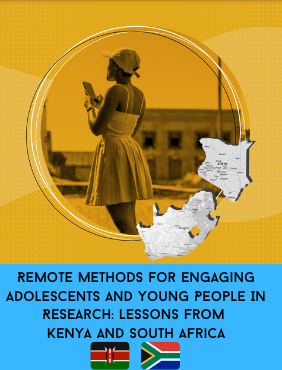
Remote Methods For Engaging Adolescents And Young People In Research
In this new practical resource from the Accelerate Hub, we share lessons from 18 months of engaging with adolescents and young people through remote research methods in South Africa and Kenya from April 2020-October 2021. We hope this toolkit is a useful resource for other research projects and teams, policy makers, and implementing organisations that are currently undertaking or who would like to undertake remote research with adolescents and young people.
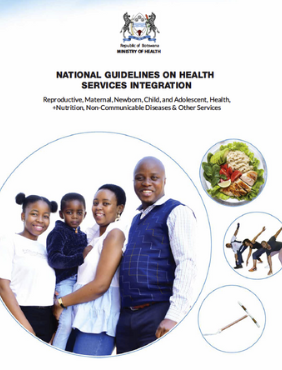
Botswana National Integration Guidelines
This Guideline, the first for the country, draws from national health sector reforms and integration agenda as outlined in the key national strategic documents. The Guide applies lessons learnt from the SRH/HIV Linkages project and its scale-up; other national experiences and from regional and global evidence and guidance on high-impact interventions that promote sustainable, equitable and effective delivery of health services to achieve Universal Health coverage.
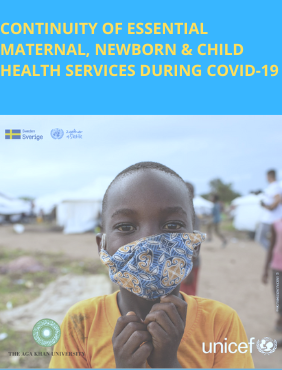
Continuity of Essential Maternal, Newborn & Child Health Services during COVID-19
A cross-country summary slide deck of findings from a study on the continuity of essential MNCAH (including HIV) services study conducted in Kenya, Malawi and Mozambique. The results showcase the demand, access and experience of MNCAH services during the 2020/ 2021 Covid-19 periods from the perspectives of clients and front line health workers.
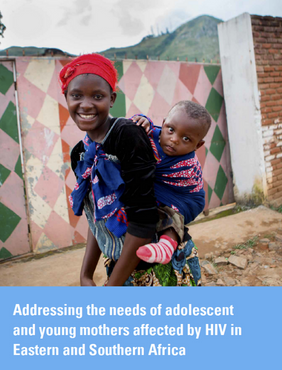
Addressing the needs of adolescent and young mothers affected by HIV in Eastern and Southern Africa
Adolescent and young mothers are a priority population for 2gether 4 SRHR in Eastern and Southern Africa, including those who are affected by HIV. One in four women aged 20-24 years gives birth before the age of 18 years and 30 per cent of all new HIV infections occur among adolescent girls and young women aged 15-24 years. Studies increasingly show poorer maternal, child and HIV outcomes for this age group as compared to older women.

Promoting equitable access to modern contraception methods for all women and girls in Botswana
In Botswana 67 PER CENT of women aged 15-49 are using a modern method of contraception which is higher than the SADC regional average. This assessment showcases key findings and recommedentions from Botswana’s family planning programme which combines a rights-based family planning approach, with clear and supportive policies for contraception, and a commitment to expand the availability, choice and uptake of modern contraceptive methods.
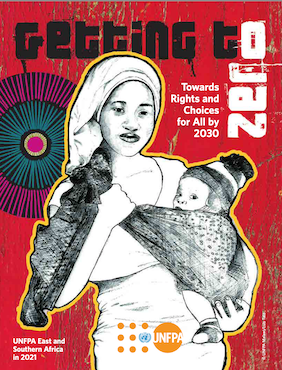
Getting To Zero
The year 2021 was a challenging one for the communities, the world, and for the millions of young women and girls in East and Southern Africa. Through disruptions and changes, our resilience, our agility, our sense of purpose remained solid. Read how we rose to the challenge in our 2021 annual report.
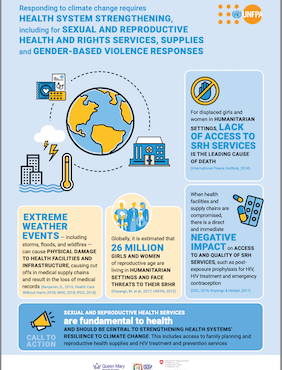
Responding to Climate Change Requires Health Systems Strengthening
This infographic looks at why responses to climate change must focus on health systems strengthening, including sexual and reproductive health services, supplies and gender-based violence services and response.
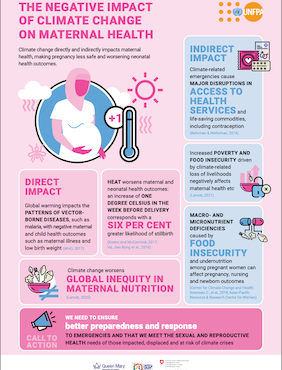
The Negative Impact of Climate Change on Maternal Health
This infographic looks at how climate change directly and indirectly impacts maternal health, making pregnancy less safe and worsening neonatal health outcomes.
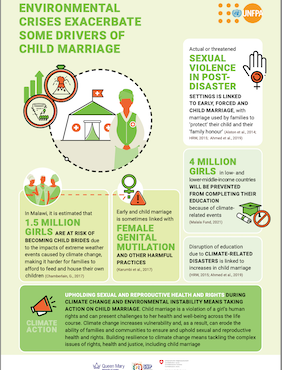
Environmental Crises Exacerbate Some Drivers of Child Marriage
This infographic explains why upholding sexual and reproductive health and rights during environmental instability caused by climate change means taking action on child marriage.
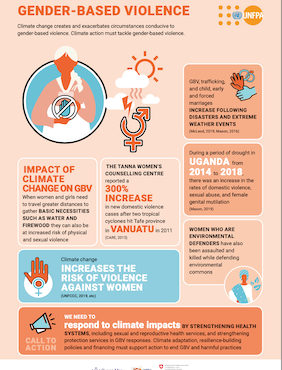
Climate Change and Gender-Based Violence
Climate change creates and exacerbates circumstances conducive to gender-based violence. This infographic draws the links and explains why responses to climate action must include gender-based violence.